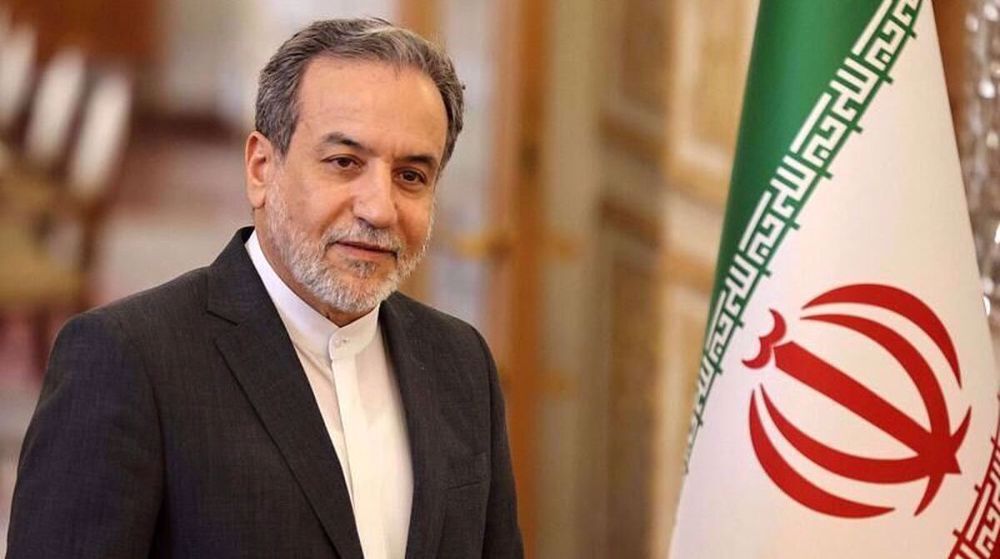
Similar Posts
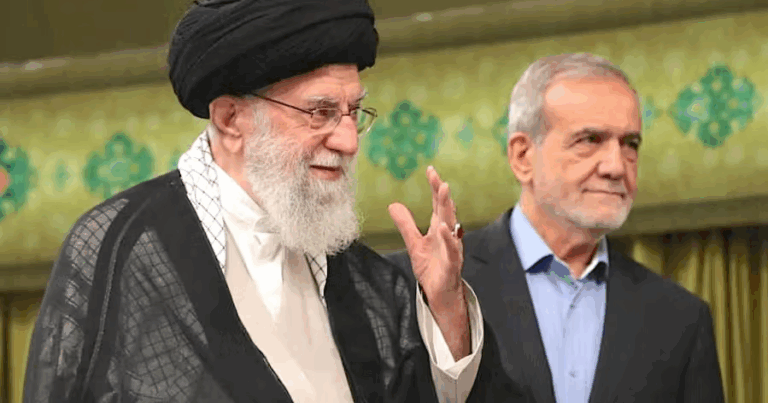
Khamenei’s Surprising Turn on Trump Talks Sparks Controversy and Criticism
Iran’s Supreme Leader, Ali Khamenei, has changed his stance on negotiations with the U.S., provoking controversy among Iranians who see it as a capitulation to external pressures. Critics argue this shift undermines Khamenei’s previous declarations that negotiating with the U.S. was dishonorable. As U.S. President Trump announced direct talks with Iran, skepticism among citizens grew, questioning the government’s narrative of indirect negotiations. Many perceive Khamenei’s actions as a response to internal unrest, fearing political collapse similar to historical figures like Gaddafi. Overall, there is a prevailing sentiment of humiliation among Iranians regarding their leader’s reversal on U.S. relations.
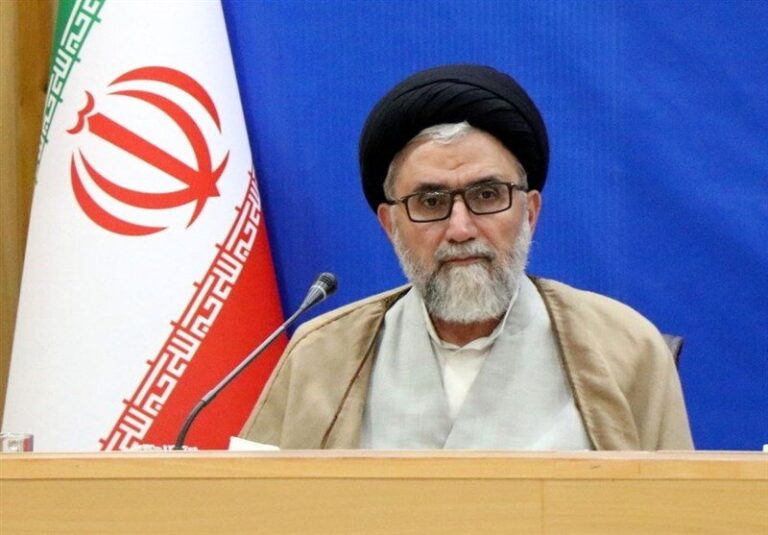
Foreign Influences Fueling Turmoil in Southeastern Iran
Iranian intelligence forces recently dismantled a Takfiri terrorist network in Sistan and Baluchestan Province, seizing a large cache of weapons, including 226 firearms. During a visit by officials, including the intelligence minister, the ongoing threats posed by adversarial forces were emphasized. Khatib warned that external agents exploit opportunities to create discord and called for heightened public awareness and collaboration to ensure regional security. The operation reflects Iran’s commitment to combating terrorism and the importance of community cooperation in maintaining peace. The minister acknowledged local efforts in supporting national security amid rising militant challenges in the area.
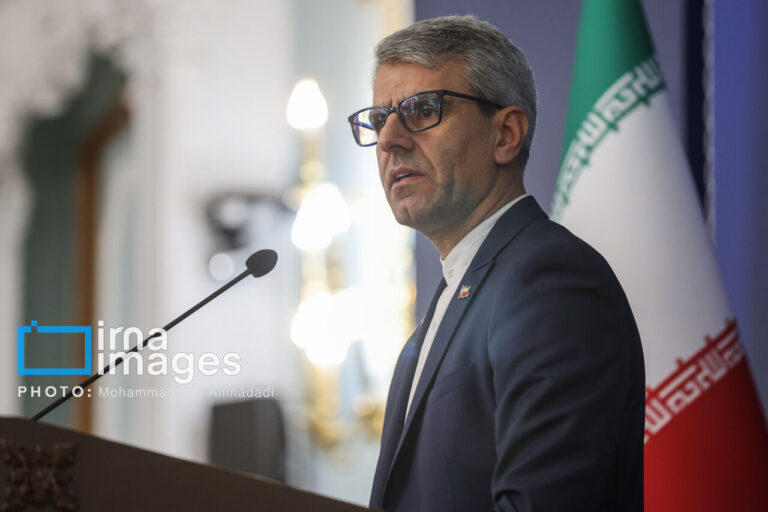
Iran Denounces Israel’s ‘Terrorism’ at Hezbollah Leaders’ Funeral: A Rising Tension
The Foreign Ministry spokesperson Esma’eel Baqayi condemned Israel’s low-flying fighter jets over Beirut during a significant funeral for Hezbollah leaders, calling it an “act of terrorism” that threatens Lebanon’s sovereignty. The provocative act aimed to intimidate the large gathering of mourners, which included hundreds of thousands. Baqayi highlighted the incident’s implications for regional tensions and civilian safety, particularly following Israeli military actions in Southern Lebanon. He urged the United Nations Security Council to denounce these actions. The aftermath of the funeral has heightened concerns among international observers regarding stability in Lebanon.
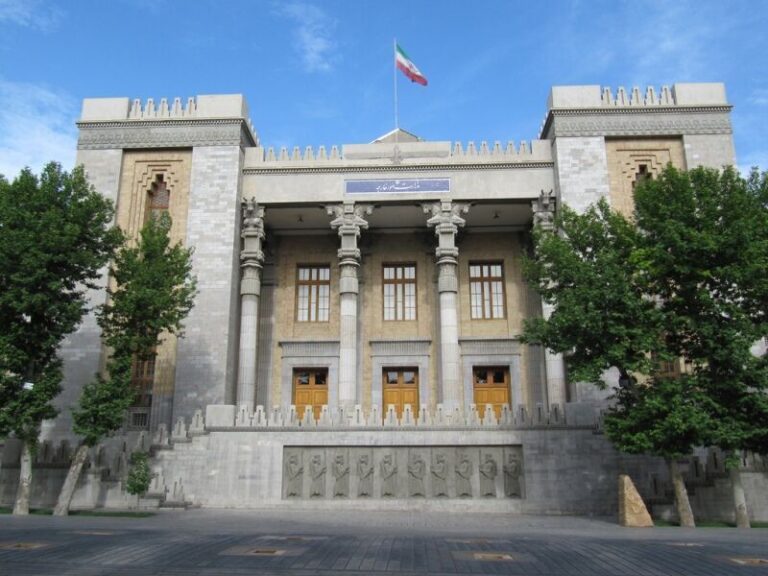
Iran Calls In Poland’s Charge d’Affaires Following Controversial Remarks by Foreign Minister
Diplomatic tensions between Iran and Poland have intensified due to controversial remarks from Polish officials, particularly the foreign minister’s anti-Iran statements. Iran’s Ministry of Foreign Affairs summoned Poland’s chargé d’affaires to protest these comments. The situation worsened with the display of an Iranian drone wreckage at the 2025 Conservative Political Action Conference (CPAC), attended by notable figures like Donald Trump. This event aimed to raise awareness about Iran-Russia cooperation. Reports indicate that the Shahed drone, downed by Ukraine, was linked to Iranian support for Russia, which Iran denies, asserting its right to sell drones legally.
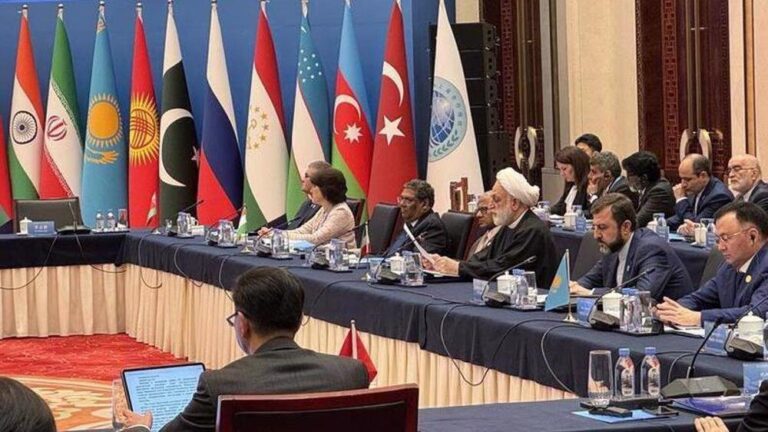
Iran Unveils Strategic Legal Framework at SCO to Tackle Emerging Challenges
Gholamhossein Mohseni-Eje’i spoke at the 20th Meeting of Heads of Judicial Systems of the Shanghai Cooperation Organization (SCO) in Hangzhou, China, emphasizing the need for enhanced legal cooperation amid global challenges such as terrorism, human rights violations, and unilateral sanctions. He highlighted the urgent threat of terrorism, which has resulted in over 23,000 deaths in Iran in four decades, and criticized the international community’s inaction regarding ongoing war crimes in Gaza. Mohseni-Eje’i proposed eight strategic initiatives for cooperation among SCO members, including strengthening judicial frameworks and combating human trafficking, to promote global peace and security.
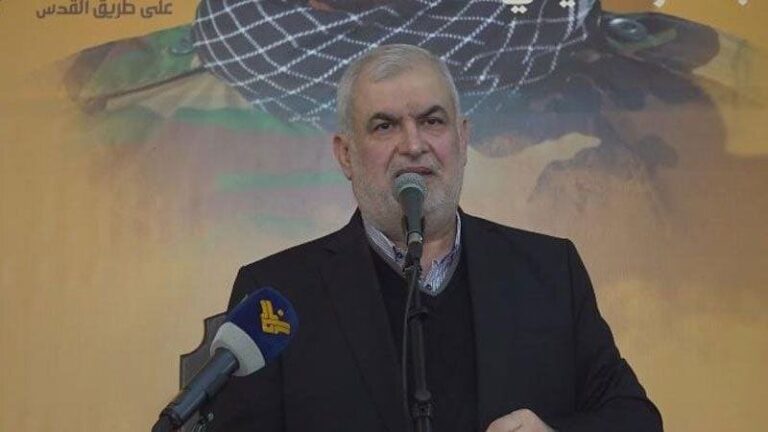
Lebanon Leaders Condemn US Envoy’s Interference Remarks Amid Rising Tensions
Morgan Ortagus, the US Deputy Envoy to the Middle East, asserted that Hezbollah should not be part of Lebanon’s future government, sparking backlash from Lebanese officials. During her meeting with President Joseph Aoun, she described Hezbollah’s inclusion as a “red line” for the US, prompting strong condemnation from Hezbollah representatives. Mohammad Raad, head of Hezbollah’s political wing, criticized Ortagus’s remarks as irresponsible and labeled Hezbollah an integral part of Lebanon’s political fabric. The US has been reportedly pressuring Lebanese leaders to limit Hezbollah’s influence, highlighting the ongoing struggle for power amid external pressures in Lebanon’s complex political landscape.